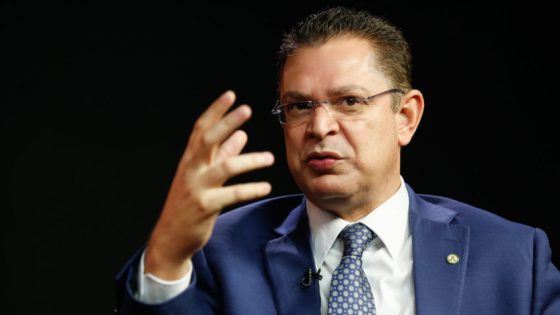On February 4, 2025, the Portuguese police arrested Dr. Fernando Reis, a doctor sentenced to five years in prison for sexually assaulting two women. This shocking case raises questions about safety in medical settings and the importance of accountability. How can we ensure that such violations don’t happen again?
- Judge Elida Gil signed the warrants.
- Fernando Reis is an internist doctor.
- He was sentenced to five years in prison.
- Conviction involved violations against two women.
- Orders were issued to detain him.
- The police were instructed to transport him.
Portugal‘s Medical Community Faces Trust Issues After Recent Assault Case
How can patients feel safe when seeking medical help? The conviction of Dr. Fernando Reis has stirred concerns about trust in healthcare providers in Portugal. Such incidents can undermine the relationship between patients and doctors, essential for effective treatment.
Implications of the Fernando Reis Case for Patient Safety in Healthcare
This case has profound implications for patient safety and trust in healthcare systems. It raises essential questions about how to protect vulnerable individuals in medical settings.
Key Takeaways from the Fernando Reis Case
The arrest of Dr. Reis highlights several critical issues regarding patient safety:
- Need for stringent background checks for healthcare professionals.
- Importance of reporting mechanisms for patients who feel unsafe.
- Advocacy for better training for medical staff on consent and ethics.
- Encouragement of open dialogues about patient safety in healthcare settings.
How Can Healthcare Systems Improve Patient Trust?
Improving patient trust in healthcare systems requires a multifaceted approach. Transparency in medical practices, robust reporting systems for misconduct, and ongoing education for healthcare providers are essential. Patients should feel empowered to voice concerns without fear of retaliation.
What Can Patients Do to Protect Themselves?
Patients can take proactive steps to ensure their safety in medical environments. This includes researching healthcare providers, asking questions during appointments, and being aware of their rights. Building a supportive network can also help individuals feel more secure when seeking medical care.
In conclusion, the case of Dr. Fernando Reis serves as a critical reminder of the need for vigilance in healthcare. By addressing these issues, we can work towards a safer environment for all patients.

































